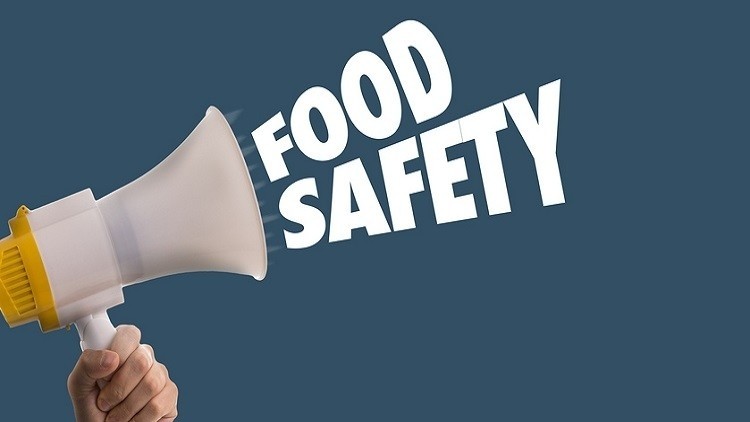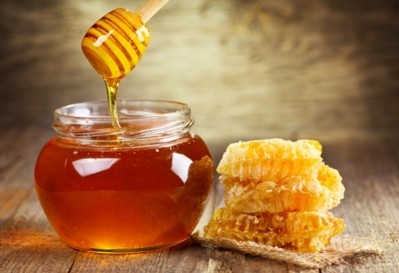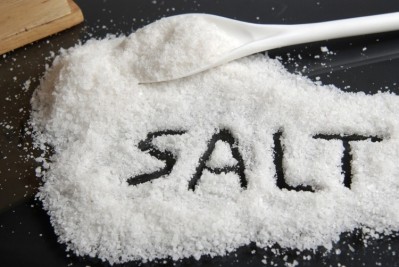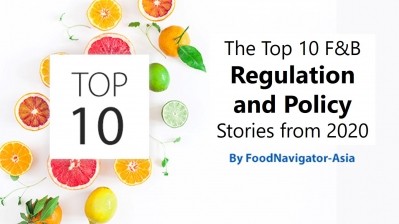Food safety overhaul: China announces revamp of national standards for processed and nutritional foods

The COVID-19 outbreak has been linked to wild animal consumption, and Chinese Premier Xi Jinping has repeatedly stressed on the importance of food safety for the nation, calling it ‘an important foundation of national security’.
A recent Lloyd’s Register study conducted on 1,000 Chinese consumers also found that some 87% of these are more concerned about food safety now compared to a year ago – and that the main areas of concern for these consumers were food hygiene (82%) and food nutrition (73%).
Although much effort has been put into this area by the Chinese government as of late, the government’s own national survey on food safety conducted earlier this year revealed that the country continues to face major food safety challenges in the form of contamination, drug residues and excessive additives being found in food products.
“China has many food production and operation facilities, very large consumer volumes, very long industrial chains from farm to table, and many new sales platforms such as e-commerce emerging - Not all of these behave responsibly [which makes] the local food safety situation relatively complicated and there are still further food safety issues that need to be resolved,” said the State Administration for Market Regulation (SAMR).
This is likely a major reason why the government has now drawn up plans to revamp its food safety system by revising current safety standards for various food and nutritional products and create new standards where these are lacking.
“In order to thoroughly implement the ‘most rigorous standards’ for food safety as continually emphasised by President Xi Jinping and put these into practice, we have developed the 2020 Food Safety National Standards Project Strategy,” announced the Chinese National Health Commission (NHC) via a formal statement.
“This strategy will be implemented in accordance with China’s Food Safety Law, [and all appointed bodies] are to organise and carry out the relevant [drafting and/or revisions] based on the results of food safety risk assessments, with reference to international standards, taking local economic conditions into account with public health as a priority.”
According to the official documents, the NHC will be working on a total of 46 standards by revising 28 of these and creating 18 new ones. Amongst these, 12 will fall under the area of Nutrition and special dietary foods, four under processed food products, 14 under food additives, and the rest under testing or contaminants.
Under Nutrition and special dietary foods, standards for ingredients meant for fortification or what NHC dubs ‘Fortification substances’ have received particular attention, with revisions set for standards governing seaweed-derived iodine, lactoferrin and the substance 1,3-Dioleoyl-2-Palmitoyl Triglyceride.
Lactoferrin is an iron-binding protein found in colostrum (the first form of human breast milk produced by mothers post-delivery), whereas 1,3-Dioleoyl-2-Palmitoyl Triglyceride has been cited in multiple studies as a potential human breast milk fat substitute.
“[Under this area], the national standards for iodine content found in edible salt will also be revised, whereas new standards will be created for [increasingly important nutritional foods] such as supplementary nutritional foods for patients with Alzheimer’s disease, nutritionally complete foods for patients with respiratory diseases, and sodium ferrous citrate [for iron supplementation],” said the NHC.
Processed foods
Within the Processed food products area, the main areas of focus selected for revision were Pastry and bread, Food grade salt, and Canned foods, whereas new standards will be drafted for Dried fruit and vegetable products.
At present, processed foods in China are generally assessed based on ingredients, sensory requirements (visual, smell, touch etc.), physical and chemical indicators, environmental contaminants, microbe content and additives/enhancer content.
Based on results from the government’s food safety survey as well as the country’s Healthy China 2030 goals to cut salt, sugar and oil consumption from local diets, known as the ‘Three Reductions’ movement, one of the adjustments in standards for these ‘high-risk’ foods is expected to include lower limits for these ingredients.
Although no specific reduction numbers have been released yet, NHC Deputy Director and Healthy China Movement committee member Zhang Zhiqiang said that standards are a major stepping stone, necessary in tackling the ‘Three Reductions’ challenge.
“[Mandatory] standards for food and beverage items under the Food Safety Law to regulate the usage of oil, salt and sugar [are important],” he said in a public statement.
The other area that is likely to see reductions is in additive and enhancer content - excessive food additives were found to make up 22.9% of all failed samples in the government’s national food safety survey. Canned foods in particular are well-known in China to be chock full of such substances to maximise shelf life at the expense of consumer health, and will see deeper scrutiny.
A new standard will be developed to govern dried fruit and vegetable products, hitherto not strictly regulated due to the smaller scale of development of the industry. These are also well-known to have a very long shelf life even when left out in the open due to high sugar, salt or preservative content.
An international study found China’s processed foods to have the highest fat and sugar content even when compared to countries where sweet foods are the norm like India or Western countries where junk food is prevalent.






















